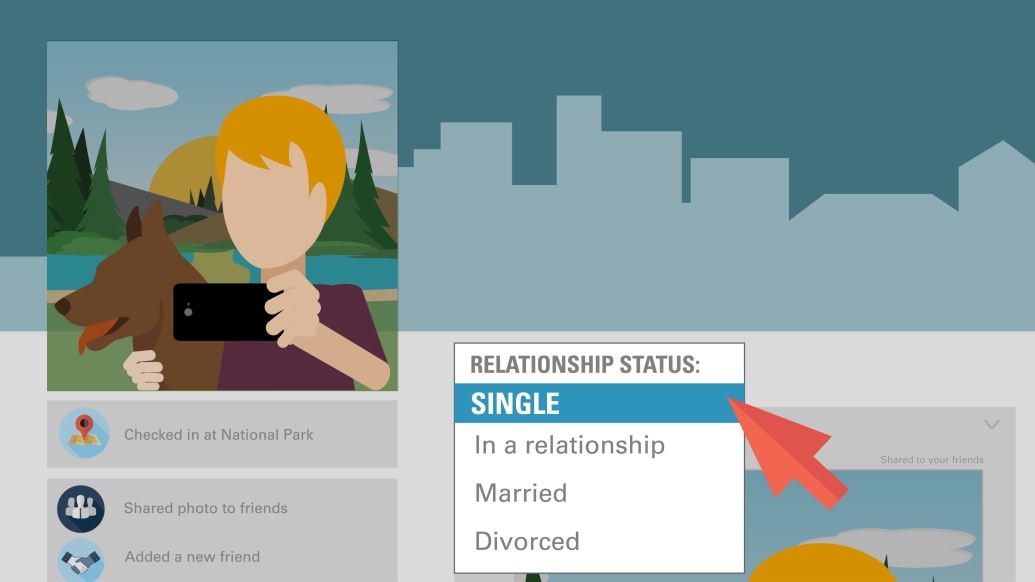Without an at-home support system, single people with cancer face added stress during treatment. Fortunately, there are ways to lighten the load.
7:00 AM
Author |

As a Cancer AnswerLine nurse, I often talk to my family about the most common questions we get from patients.
SEE ALSO: 7 Ways to Support a Friend with a New Cancer Diagnosis
My 26-year-old daughter, who is single, surprised me recently with an excellent question: What advice do you give to people with cancer who live alone?
This got me thinking about how folks in that situation might better cope.
Being married or having a roommate isn't a prerequisite when you're sick, but it certainly can help to have another person around when you need support.
About 42 percent of adults aged 20 and older (nearly 700,000 annually) in the United States are unmarried at the time of their diagnoses, according to the National Cancer Institute.
Because those who live or raise children alone face added logistical challenges in their treatment and recovery, here are some ways they can prepare:
-
Arrange for medical leave from your job and notify your children's school counselor about your diagnosis and treatment plan in advance. The Cancer Financial Assistance Coalition can help if you have financial challenges.
-
Record or take notes of conversations with doctors and your cancer care team. It can be hard to remember everything discussed at your appointments.
-
Find a peer support system before beginning treatment. Anna Millard, an oncology social worker with the University of Michigan Comprehensive Cancer Center refers patients to Imerman Angels, the American Cancer Society or the Young Adults with Cancer support group at U-M.
-
Prepare and freeze nutritious meals in single-serve containers before you begin treatment. Likewise, stock up on nonperishables, such as toilet paper and toothpaste.
-
Arrange for transportation to and from appointments via a taxi service, ride-sharing app or friends. Some hospitals and treatment centers have resources to help cover costs.
-
Teach your children how to use the washer, dryer and dishwasher. They'll need these life skills later and can help you now.
-
Consult with a lawyer to prepare for who will care for your children if you are unable. Designate someone who has legal power to convey your medical wishes. A social worker can help you get started.
-
Don't hesitate to ask friends, family and neighbors for help.
Being single with cancer doesn't mean you are alone.
SEE ALSO: Immunology: The Future of Cancer Treatment?
If you want to share your cancer journey, consider doing so online. Caring Bridge is a safe, private and free service that lets patients share updates and also allows family and friends to provide messages of support and coordinate offers to help.
Connecting with people in your life and finding sources of support may be one of the most important things you can do for yourself.

Explore a variety of healthcare news & stories by visiting the Health Lab home page for more articles.

Department of Communication at Michigan Medicine
Want top health & research news weekly? Sign up for Health Lab’s newsletters today!





